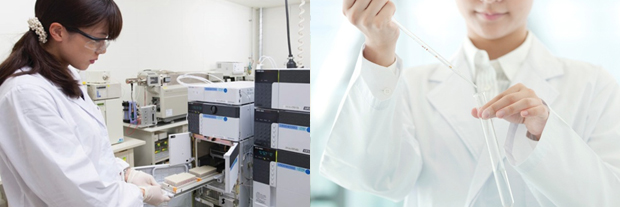AminoIndex™ Risk Screening (AIRS™): Catching Cancer Before It Starts
SUMMARY
- One factor that contributes to Japanese health and longevity is regular health screenings
- Ajinomoto Co., Inc. (“Ajinomoto Co.”) has developed AminoIndex™ Risk Screening (AIRS™) technology to screen for cancer and lifestyle diseases
- Ajinomoto Co. hopes to expand this valuable tool to other countries based on their specific needs in the future
Why Do Japanese People Live So Long?
The fact that Japanese people have the longest lifespan in the world—and that they live healthier well into old age—is well documented. In fact, it was one of the focuses of the Newsletter vols. 5 and 8, “Can Ajinomoto Co. Export Japan’s Healthy Lifespan?”.
Many theories seek to explain why. Is it the Japanese diet? Is it genetic? Is it because Japanese society tends to be close-knit, with plenty of social and family support for the infirm? Or perhaps it’s exercise1? This is a particularly compelling question, because after all, Japan is also famous for high stress, long work hours, and high rates of smoking and alcohol consumption.

One factor that surely contributes to Japanese healthy aging is the healthcare system—and specifically, regular health check-ups. Of course, health check-ups are available all over the world, but in Japan, mass screening is provided for every student in school, at work, and in the community universal healthcare system and local governments. While in other countries, health check-ups are often only requested by the particularly healthconscious, in Japan it’s the norm. Surely, the resulting early detection of diseases and other health problems must contribute to a healthier society.
Statistics seem to support this idea. For example, Japan spends only 10% of its GDP on providing healthcare, versus 17% in the United States. And despite this smaller investment, health and longevity rates are among the highest in the world1.
Read more